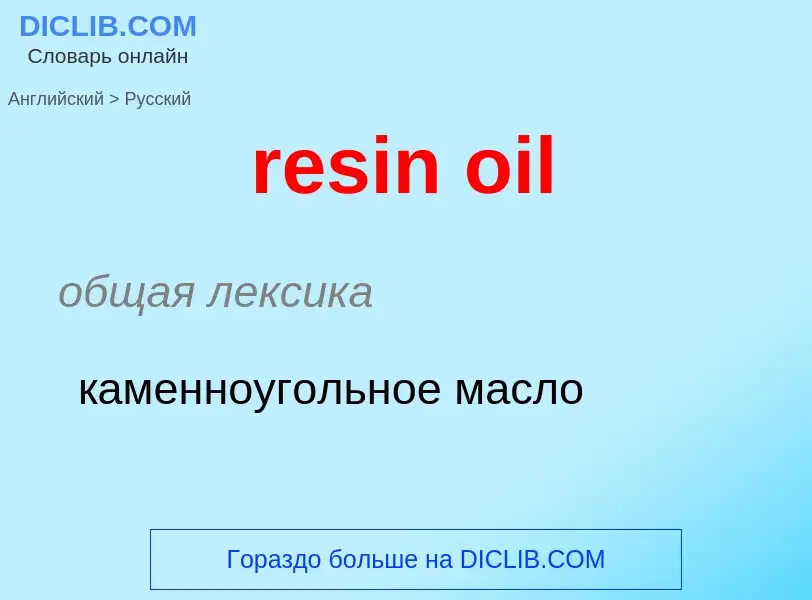Vertaling en analyse van woorden door kunstmatige intelligentie ChatGPT
Op deze pagina kunt u een gedetailleerde analyse krijgen van een woord of zin, geproduceerd met behulp van de beste kunstmatige intelligentietechnologie tot nu toe:
- hoe het woord wordt gebruikt
- gebruiksfrequentie
- het wordt vaker gebruikt in mondelinge of schriftelijke toespraken
- opties voor woordvertaling
- Gebruiksvoorbeelden (meerdere zinnen met vertaling)
- etymologie
resin oil - vertaling naar russisch
общая лексика
каменноугольное масло
Смотрите также
Wikipedia

Early thermal weapons, which used heat or burning action to destroy or damage enemy personnel, fortifications or territories, were employed in warfare during the classical and medieval periods (approximately the 8th century BC until the mid-16th century AD).
Incendiary devices were frequently used as projectiles during warfare, particularly during sieges and naval battles: some substances were boiled or heated to inflict damage by scalding or burning; other substances relied on their chemical properties to inflict burns or damage. These weapons or devices could be used by individuals, thrown by siege engines, or utilised as army strategy. Incendiary mixtures, such as the petroleum-based Greek fire, could be launched by throwing machines or administered through a siphon. Sulfur- and oil-soaked materials were sometimes ignited and thrown at the enemy, or attached to spears, arrow and bolts and fired by hand or machine.
The simplest and most common thermal projectiles were boiling water and hot sand, which could be poured over attacking personnel. Other anti-personnel weapons included the use of hot pitch, oil, resin, animal fat and other similar compounds. Smoke was used to confuse or drive off attackers. Substances such as quicklime and sulfur could be toxic and blinding.
Fire and incendiary weapons were also used against enemy structures and territory, sometimes on a massive scale. Large tracts of land, towns and villages were frequently ignited as part of a scorched earth strategy. Some siege techniques—such as mining and boring—relied on combustibles and fire to complete the collapse of walls and structures.
Towards the latter part of the period, gunpowder was invented, which increased the sophistication of the weapons, starting with fire lances, which led to the eventual development of the cannon and other firearms. Development of the early weapons has continued ever since, with modern war weapons such as napalm, flame throwers, and other explosives having direct roots in the original early thermal weapons. Fire-raising and other destructive strategies can still be seen in modern strategic bombing.


![motte]] at [[Dinan]], 1064, [[Bayeux Tapestry]] motte]] at [[Dinan]], 1064, [[Bayeux Tapestry]]](https://commons.wikimedia.org/wiki/Special:FilePath/Bayeux Tapestry scene19 detail Castle Dinan.jpg?width=200)

![Chinese fire ships from the [[Wujing Zongyao]] military manuscript, 1044, [[Song Dynasty]] Chinese fire ships from the [[Wujing Zongyao]] military manuscript, 1044, [[Song Dynasty]]](https://commons.wikimedia.org/wiki/Special:FilePath/Chinese Fire Ships.jpg?width=200)
![1869 engraving showing a 13th-century [[trebuchet]] launching an incendiary missile 1869 engraving showing a 13th-century [[trebuchet]] launching an incendiary missile](https://commons.wikimedia.org/wiki/Special:FilePath/Greek Fire Catapult (Harper's Engraving).png?width=200)
![Allied incendiary attacks]] Allied incendiary attacks]]](https://commons.wikimedia.org/wiki/Special:FilePath/Royal Air Force Bomber Command, 1942-1945. CL3400.jpg?width=200)
![[[Siege of Orleans]] in 1428 (Vigiles de Charles VII, 15th century) [[Siege of Orleans]] in 1428 (Vigiles de Charles VII, 15th century)](https://commons.wikimedia.org/wiki/Special:FilePath/Siege orleans.jpg?width=200)

.jpg?width=200)
